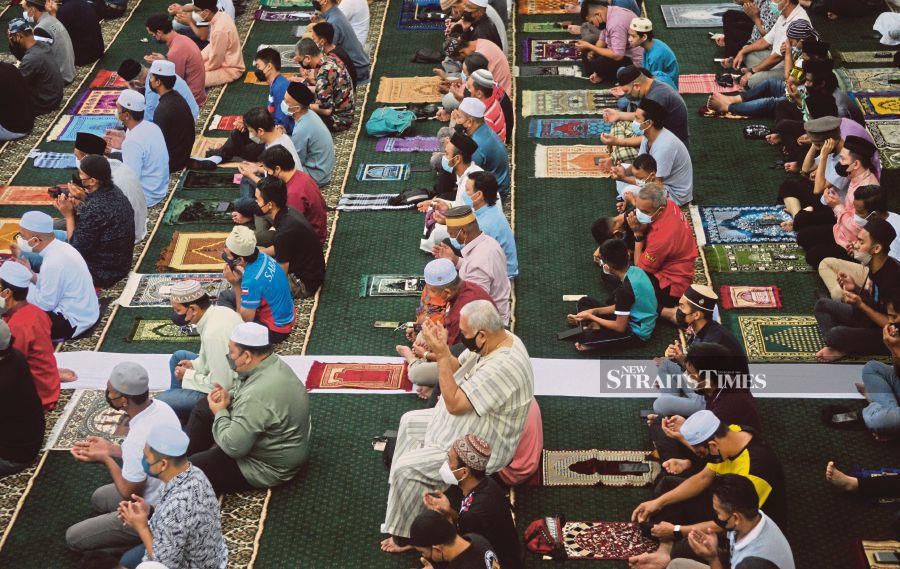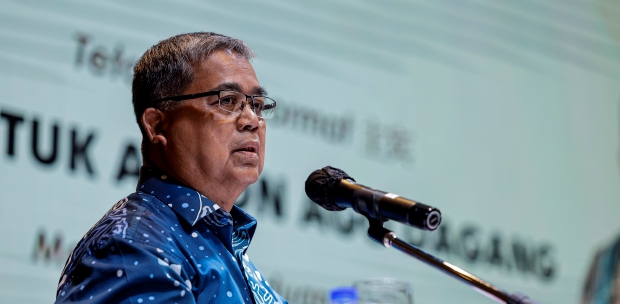Ramadan is an opportune time for Muslims to reflect on their religious identity and life purpose, as well as the struggles afflicting segments of the ummah in troubled parts of the world.
It was on 20 Ramadan in the eighth year of the Hijrah that Prophet Muhammad and the early Muslims — in the peaceful event and the bloodless transition which have come to be known as Fath Makkah (Liberation of Makkah) — victoriously liberated Makkah from the oppressive clutches of the Qurayshite polytheists.
Wars are terrible, but the significance of prophetic conduct cannot be overstated enough because it established the gold standard in the rules of engagement: fighting only combatants and leaving non-combatants in peace; not harming or killing the elderly, the vulnerable, women and children; treating prisoners of war humanely; caring for the environment and not killing animals or destroying plants indiscriminately; and not using people as human shields.
Observing such rules curbs the horrors of warfare, but neglecting them unleashes violence.
By referring to authoritative scholars, many would be able to distinguish between what constitutes true jihad and what is merely propaganda that conjures a false image of a coercive and violent religion.
According to a 2013 legal opinion (fatwa) by Shaykh 'Ali Jum'ah, erudite Muslim jurist and former grand mufti of Egypt, understanding jihad begins by acknowledging that Prophet Muhammad was sent as "a mercy unto the worlds (rahmatan li'l-'alamin)".
As noted by Zakaria Bashier in his book, War and Peace in the Life of the Prophet Muhammad (2016), almost all the historic wars waged by Islam were done under compulsion in self-defence against external aggression "or against tyrant rulers and regimes under which men, women and children were oppressed and made powerless, whether Muslim or non-Muslim".
The classic explanation divides jihad into two types: jihad al-nafs, which is personal struggle against the baser aspect of the human soul, and jihad al-qital, which is armed struggle in defence of the religion and its adherents.
But its Arabic root word jahada, its morphological permutations and its Quranic connotations all convey the meaning of "struggle", "striving" and "exerting effort".
On the one hand, jihad al-nafs is the hardest because it requires discipline and hard work to subdue the blameworthy lower self where the seeds of war and violence take root.
On the other hand, some would misconstrue jihad al-qital as spilling blood.
However, Muslims see themselves first as inheritors of the prophetic mission to propagate Islam, in contrast with the Graeco-Roman idea of militaristic geopolitical expansion, which resounds with the term "grand strategy" military thinkers such as B.H. Liddell Hart, Lawrence Freedman and John Lewis Gaddis have coined to rationalise modern-day militarism of Western nations.
As such, the misconception of jihad could only emerge from a worldview which is alien to Islam.
It is often the case that the Arabic word for "liberation", fath (pl. futuh), gets translated into English as "conquest", whose origin in the Latin conquirere carries the connotation of "winning", "collecting" or "gaining", in accordance with the Graeco-Roman philosophical notion of warfare.
In doing so, it forces the word fath into the crucible of a Eurocentric worldview, thereby suppressing the real meanings of "liberation" and "opening" derived from its root fataha, whose meanings "to open", "to introduce" and "to grant victory or success" correspond more suitably with the reality of Makkah's liberation as a peaceful event.
This conceptual imposition also serves to paint a violent imagery of the subsequent futuh, against what were actually missionary endeavours with the ultimate aim of peace.
As a matter of fact, many of the historic futuh in Syria, Palestine, Iraq, Egypt, Iran and Granada often entailed, as Amira K. Bennison describes in her work The Great Caliphs (2011), "deals struck with local rulers — Visigothic nobles, Persian kings and warlords — which gave them autonomy in return for recognition and tribute".
Therefore, the futuh of the Muslim military expeditions were closer essentially to wars of liberation than the bloody conquests by the Roman and Persian empires.
Indeed, it is pertinent to understand that, in addition to sending missionaries, Muslim rulers and leaders of the past had despatched futuh for the sake of continuing the prophetic mission.
The writer is senior research officer, Centre for Science and Environment Studies, Institute of Islamic Understanding Malaysia
The views expressed in this article are the author's own and do not necessarily reflect those of the New Straits Times





